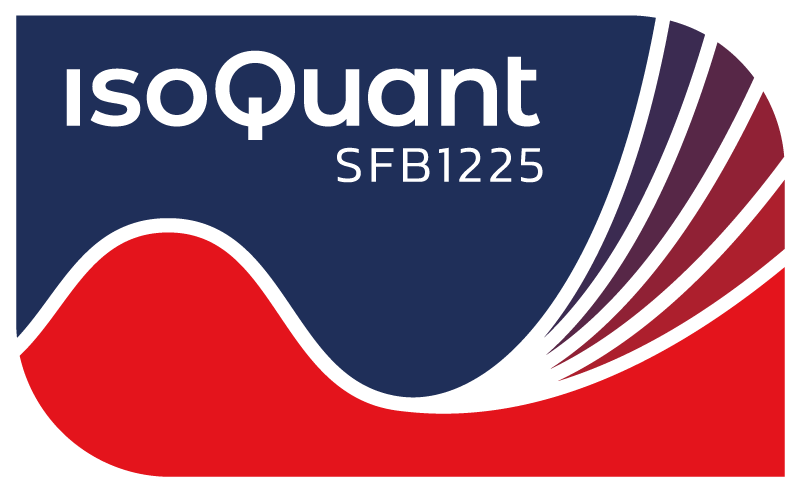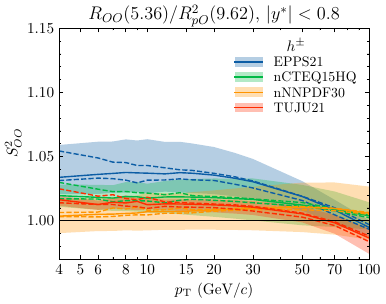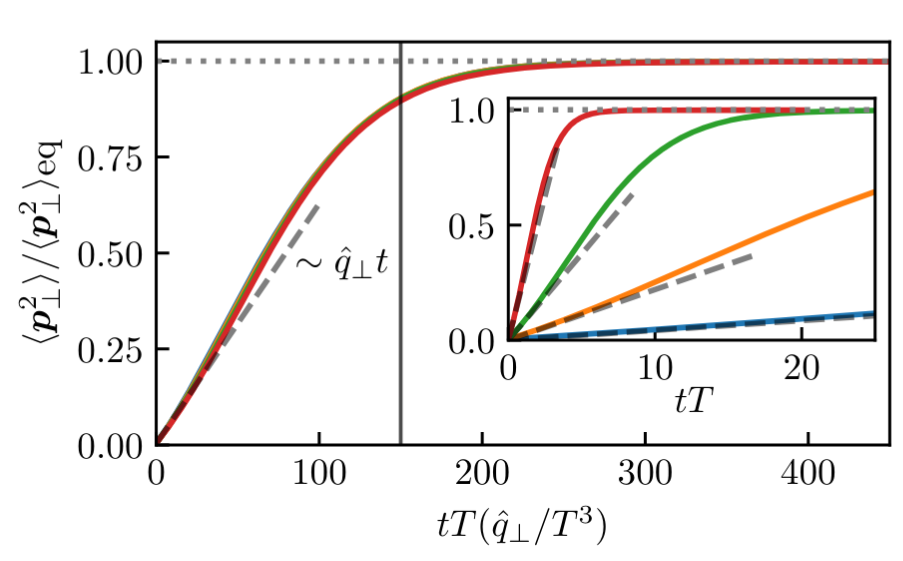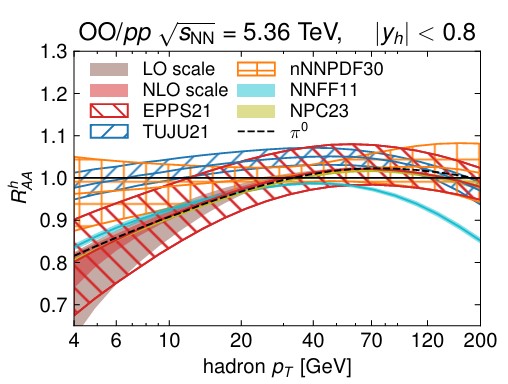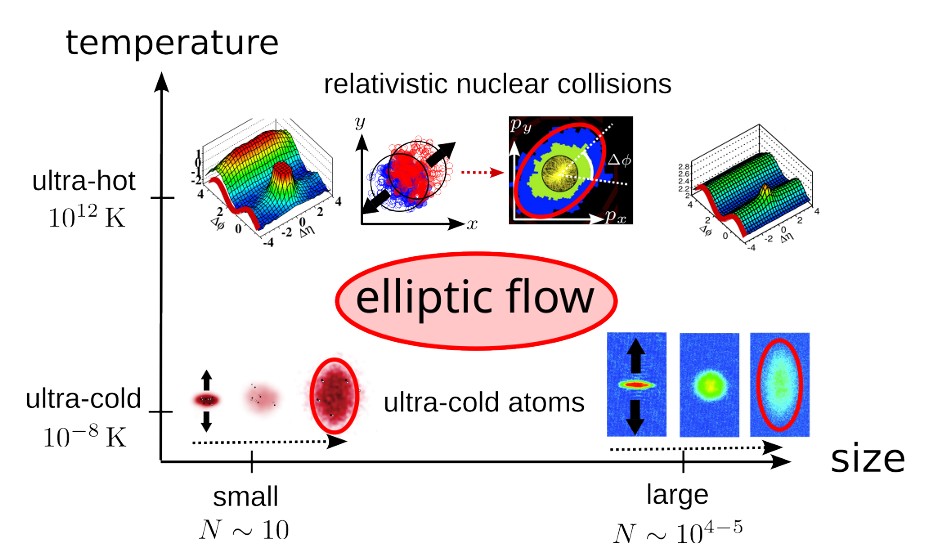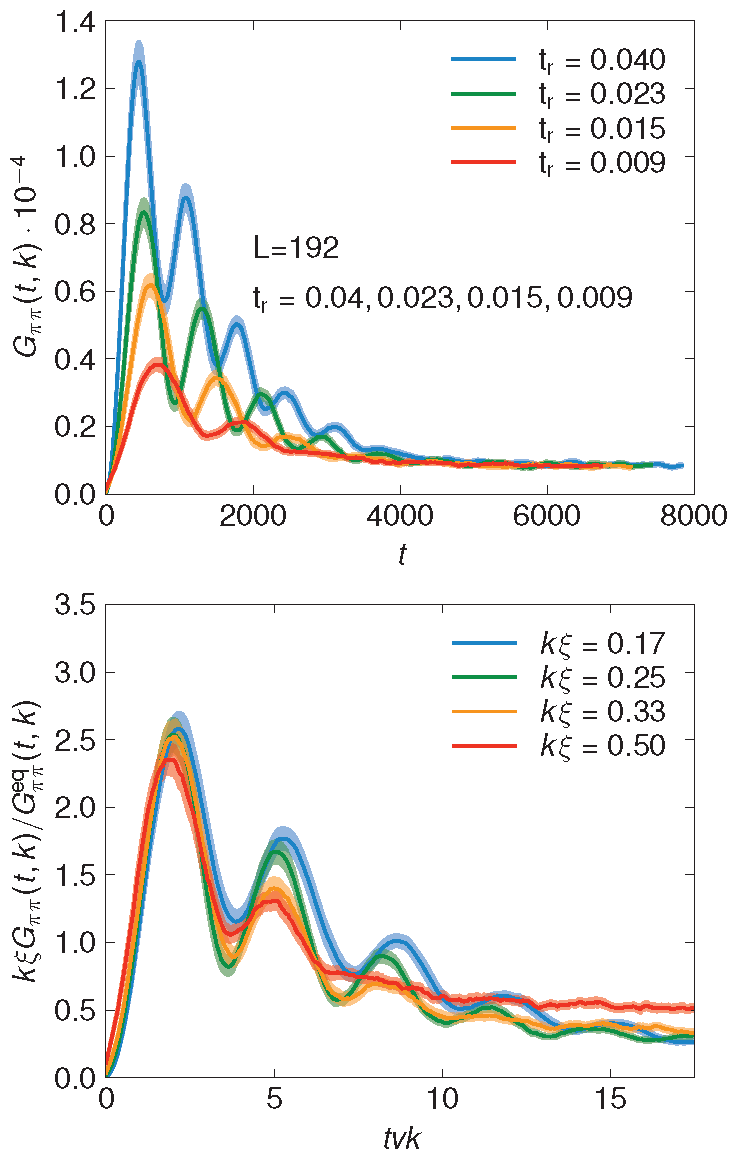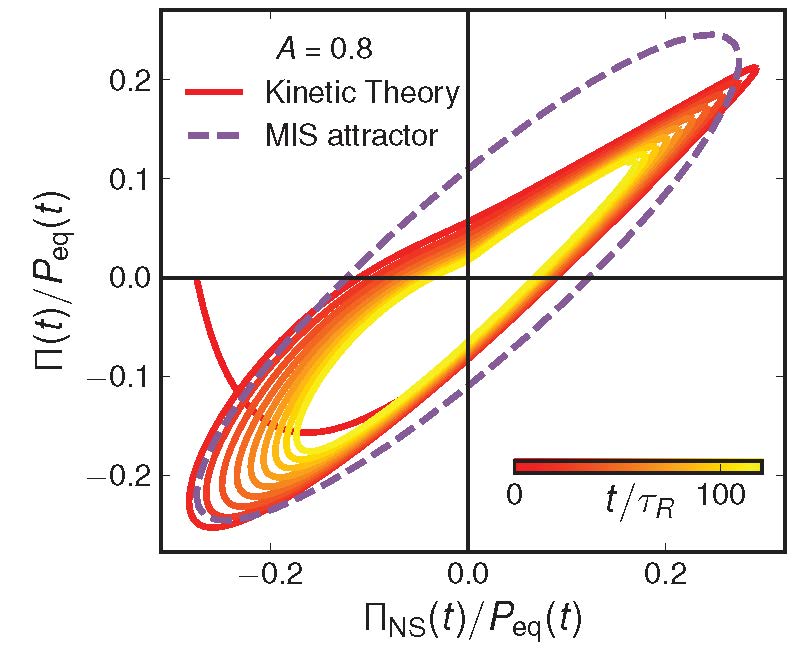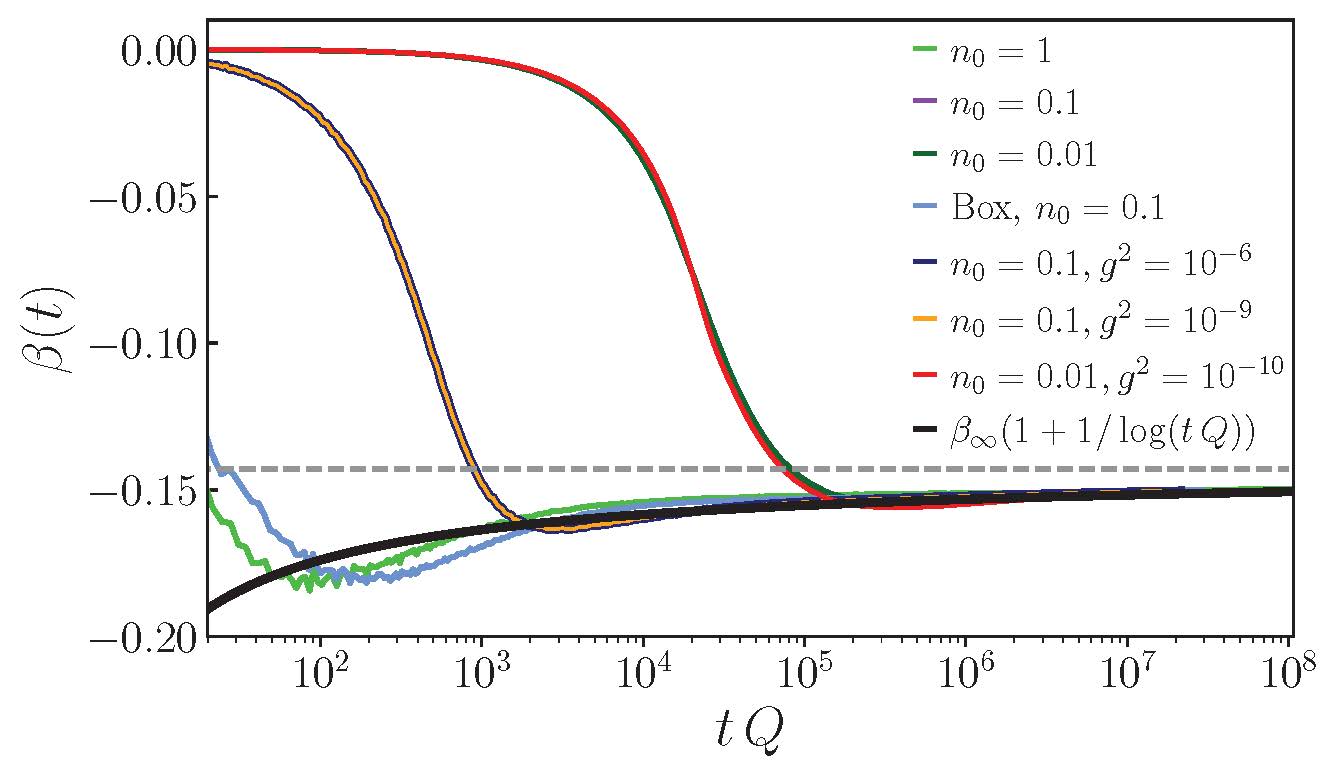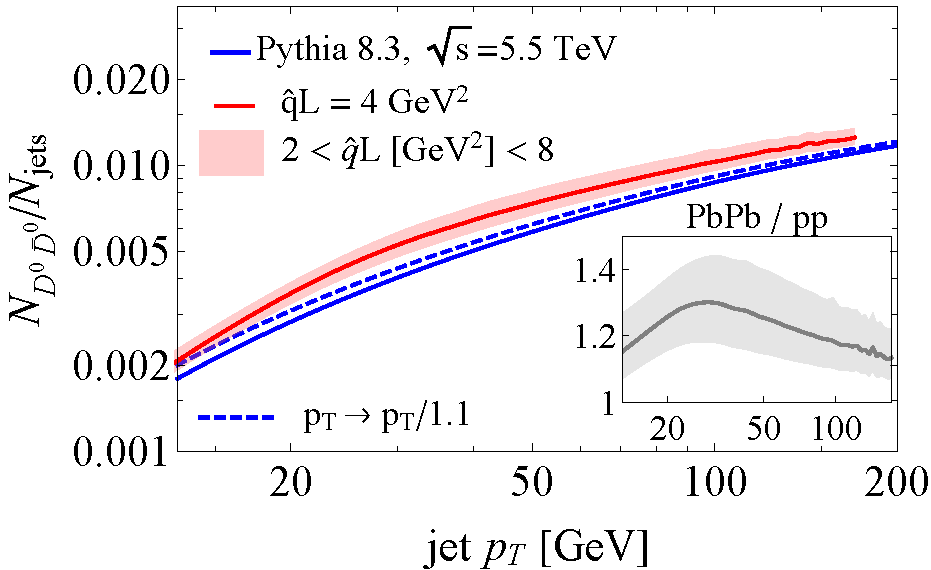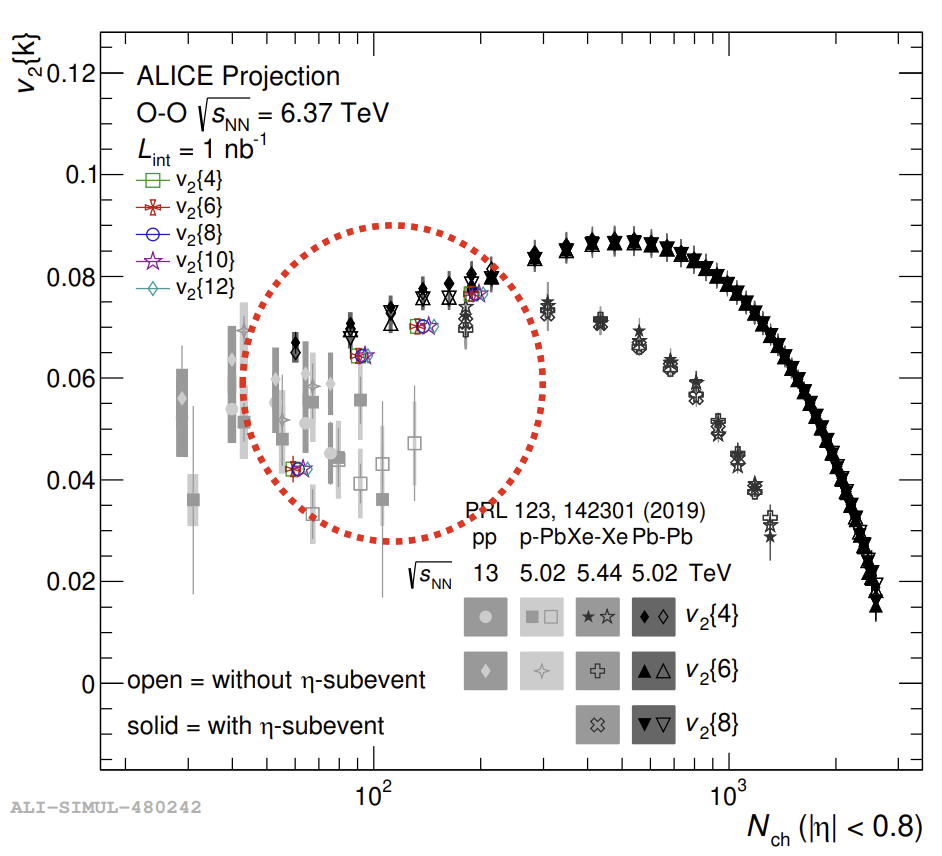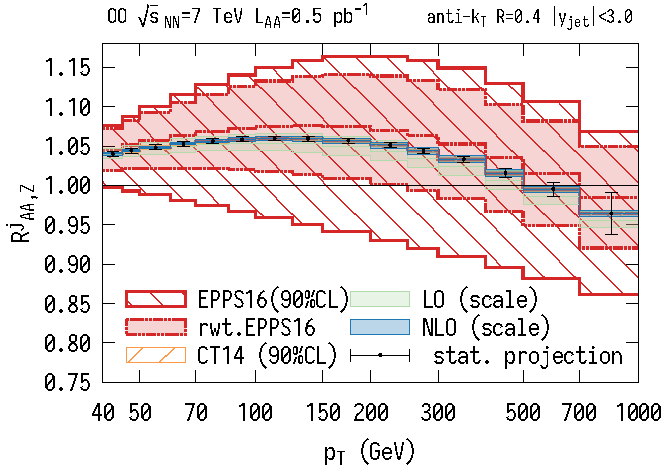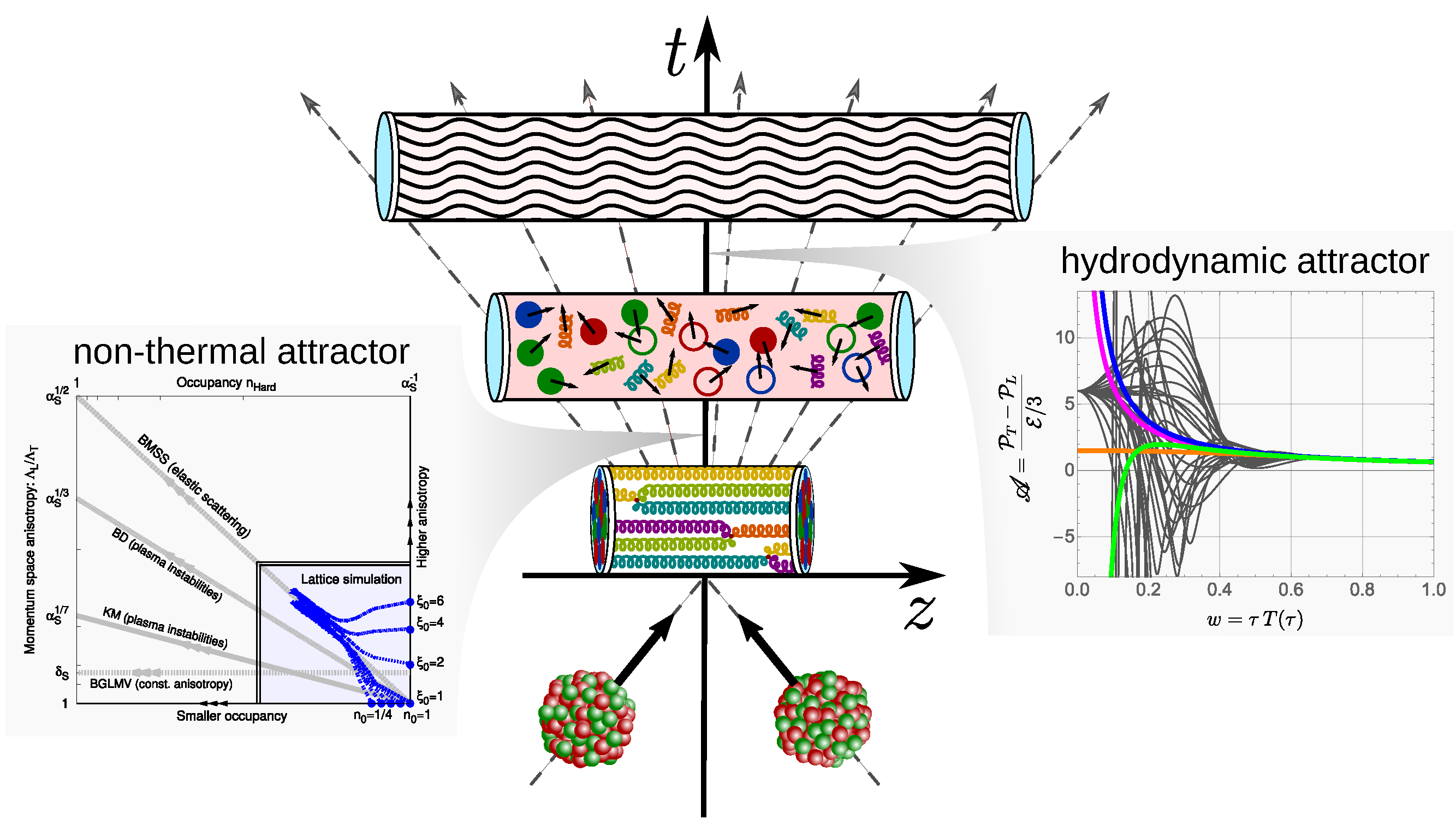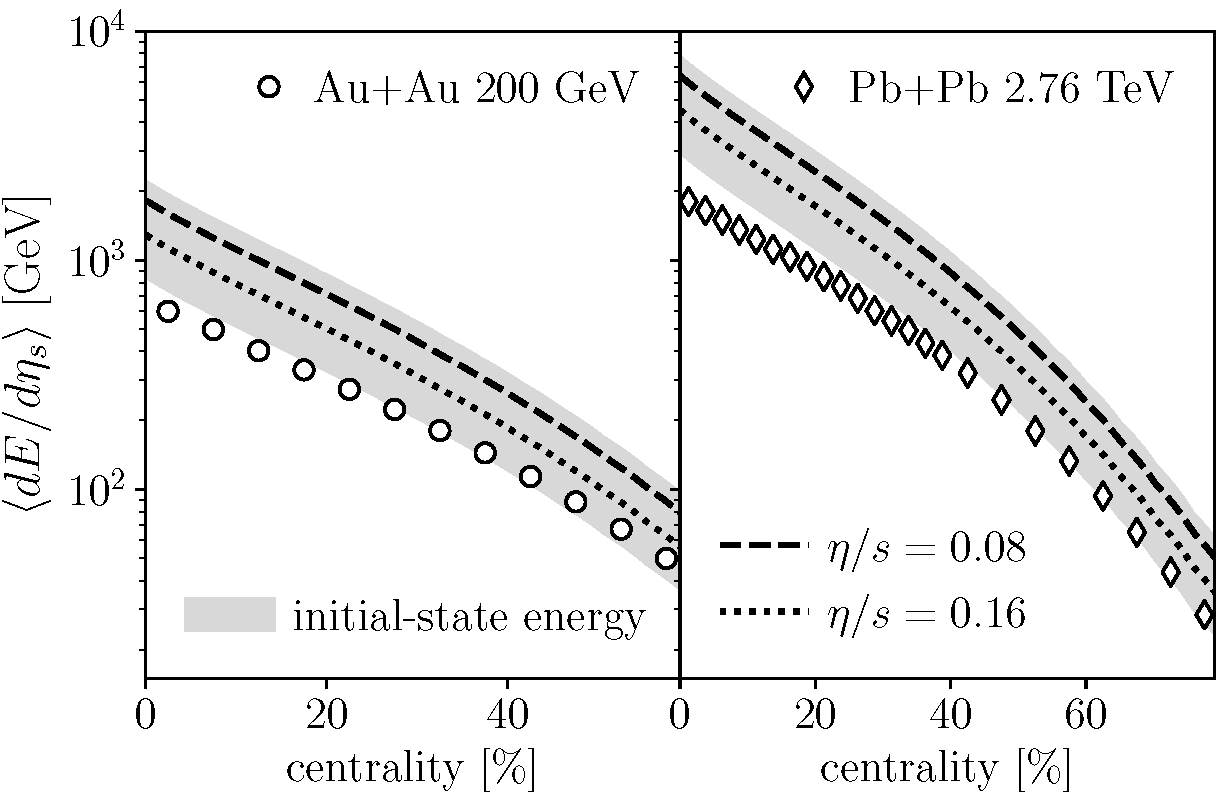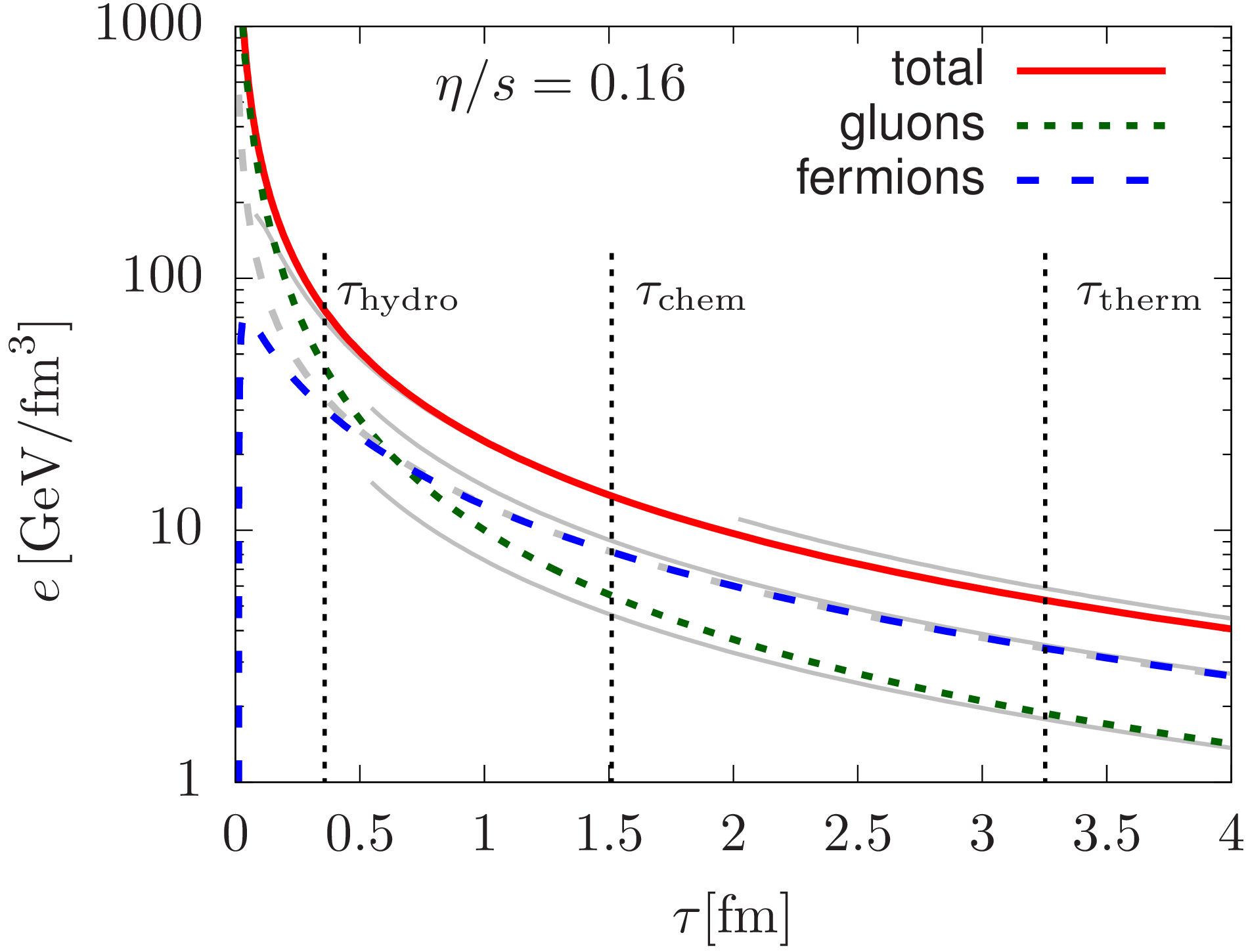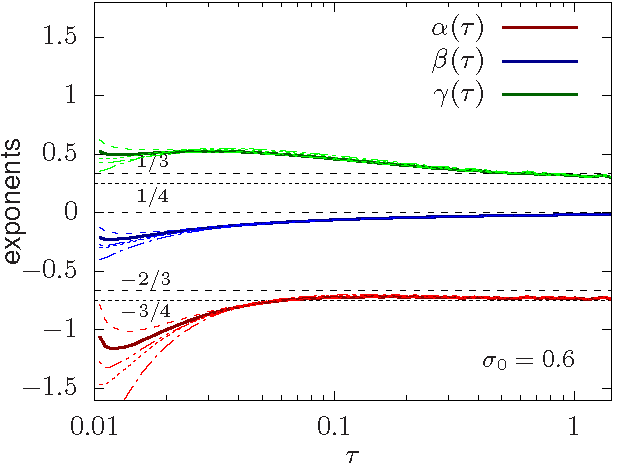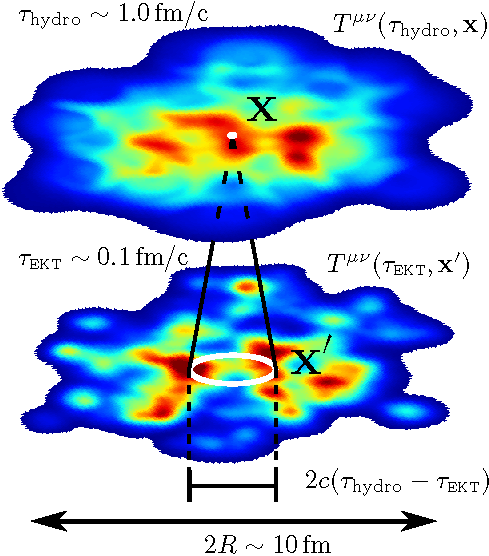Mazeliauskas Group

Dr. Aleksas Mazeliauskas
Group leader
What we observe is not nature in itself but nature exposed to our method of questioning.
— Werner Heisenberg
Hello, my name is Aleksas Mazeliauskas. I am a theoretical physicist working on many-body phenomena emerging from interactions of a small number of particles in high-energy hadron collisions and ultracold quantum gases.
Since 2022 I have been leading an Emmy Noether Research Group at the Institute for Theoretical Physics at Heidelberg University. As of 2024, I am a project leader at the Collaborative Research Center ISOQUANT.
My group’s research focuses on the microscopic understanding of the emergent collective phenomena in systems of varying sizes and at varying energy scales. I am especially interested in the question of thermalisation and hydrodynamic behaviour in isolated quantum systems.
Check out my research projects, publications and profiles of my group members. See the news announcements for open positions and my blog for occasional posts about my life as a researcher.
News
| Jan 09, 2026 | Ferdinando Frascà is joining the group as a new PhD! |
|---|---|
| Jan 01, 2026 | Adam Takacs is leaving to become a senior research fellow at CERN TH! |
| Nov 10, 2025 | We are happy to welcome Sergio Barrera Cabodevila to the group as a new postdoctoral reasearcher! |
| Oct 30, 2025 | Several new paper by my group: Bayesian Constraints on Pre-Equilibrium Jet Quenching and Predictions for Oxygen Collisions, Adiabatic hydrodynamization and quasinormal modes of nonthermal attractors, Minijet thermallization and jet transport coeffiecients in QCD kinetic theory and Deriving a parton shower for jet thermalization in QCD plasmas. Well done Adam and Fabian! |
| Oct 27, 2025 | There is an open position for a bachelor/master thesis about numerical simulations of viscous hydrodynamics in my group! Contact me via email if interested. |
Latest posts
Jul 02, 2025  | First Oxygen Ion collisions at LHC July 2-5, 2025, I made a short but memorable trip to CERN, where—for the first time in its history—the LHC collided oxygen ions. |
|---|---|
Nov 17, 2024 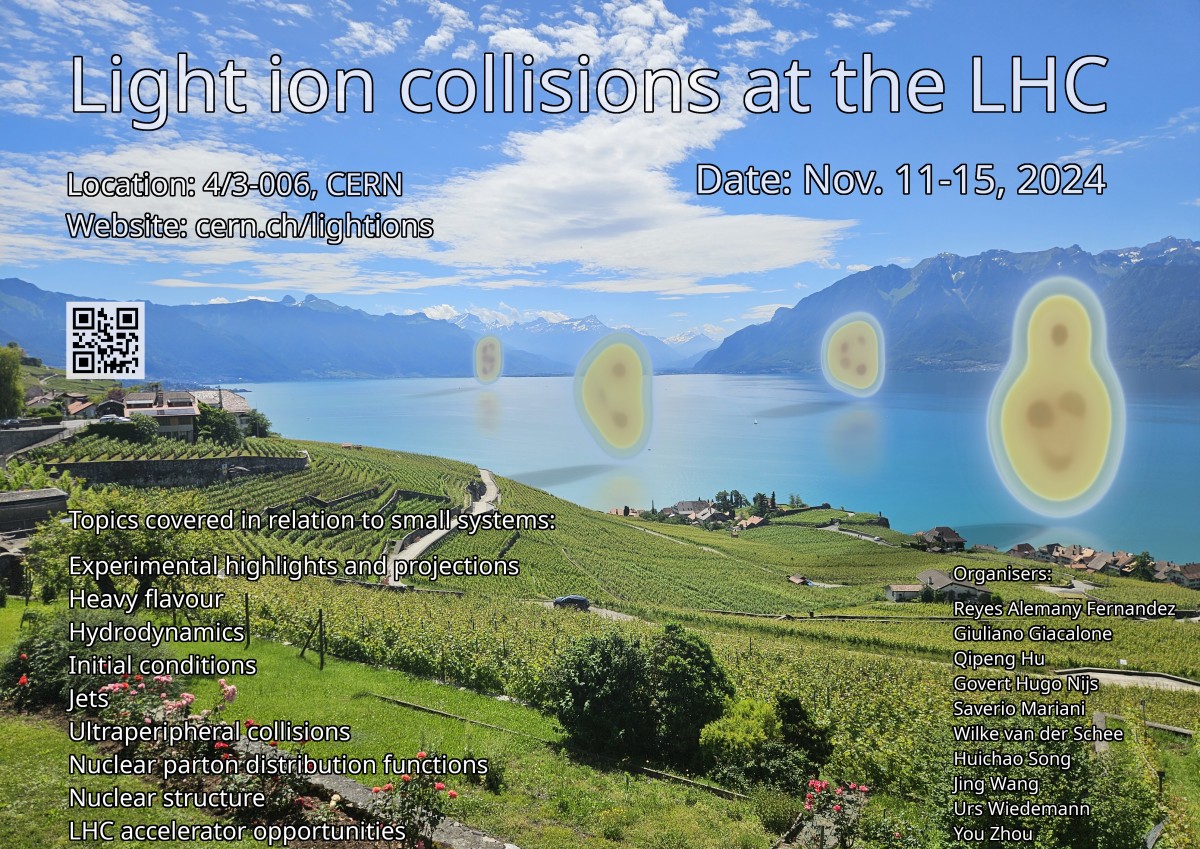 | Light ion workshop at CERN November 11-15, 2024, I and my group (Adam, Fabian and Jannis) attended CERN TH workshop on Light ion collisions at the LHC. |
Dec 26, 2023 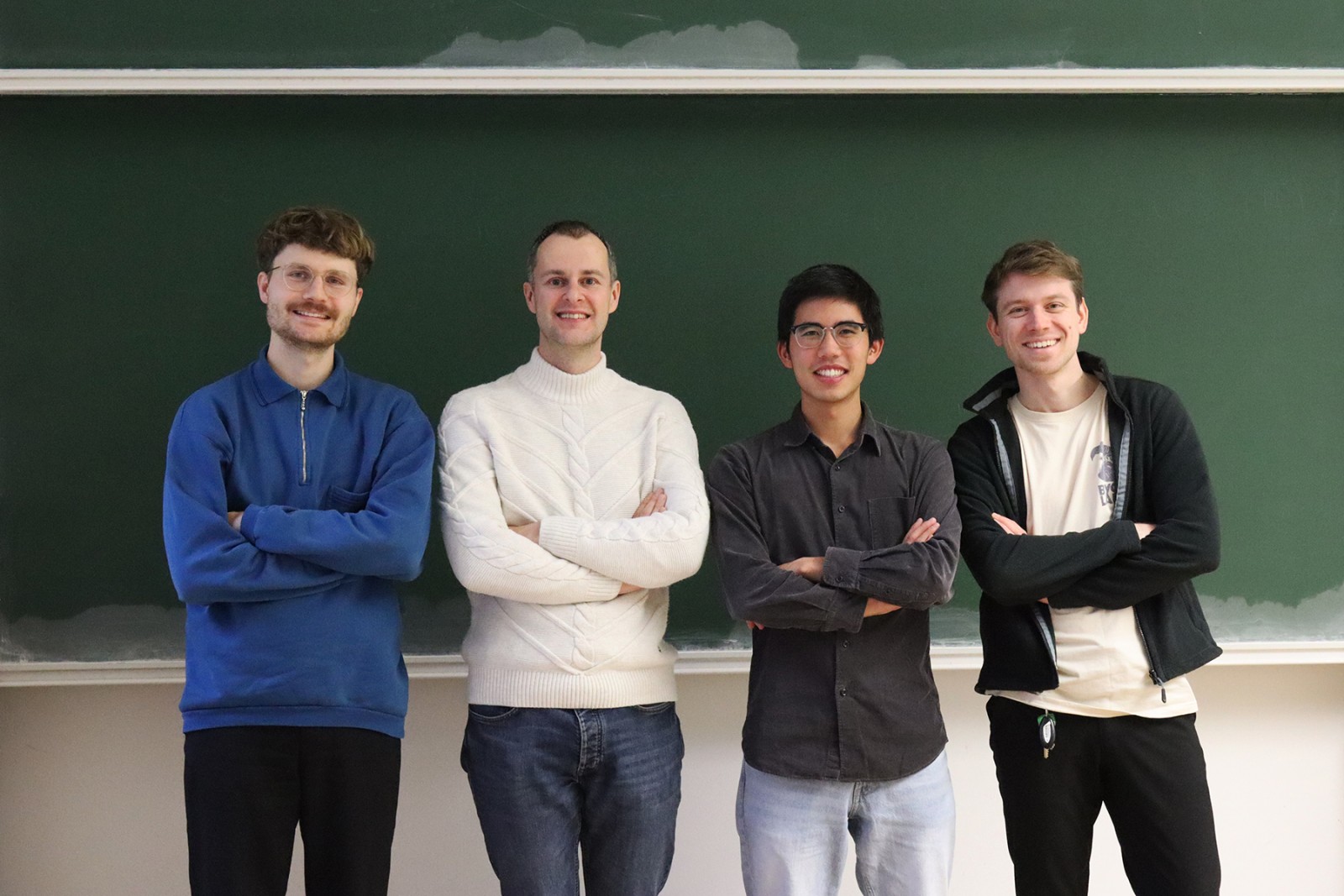 | First year of my Emmy Noether group As of October 2023, I have completed my first year (out of a maximum of six) as an Emmy Noether Research Group Leader at the Institute for Theoretical Physics. Overall, it was a great and enjoyable year working with my group and other colleagues at Heidelberg University. |

